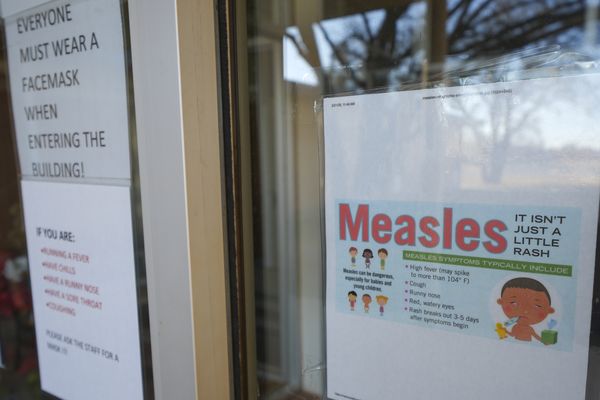Anyone seeking an abortion in Indiana faces a variety of hurdles.
The procedure requires two trips: one for mandatory counseling and the other for the abortion itself. Women cannot be more than 22 weeks pregnant and still get a legal abortion, nor can minors easily get the procedure without parental consent.
The state bans the use of telehealth for anything to do with abortions and also restricts the mailing of abortion medication without an in-person visit. Insurance coverage for abortions, whether public or private, is nearly impossible to obtain. That’s far from the entire list of barriers facing women in the Hoosier state.
Unsurprisingly, abortion advocates find these rules needlessly invasive when it comes to women making personal choices about their own bodies.
We agree. They are indeed.
But the current debate in the Indiana legislature is not about the present law. It is about a radical plan to add yet more egregious restrictions, including severe criminal penalties for providers. In essence, the new post-Roe reality in Indiana would be that abortion would be entirely banned in the state, except in cases of rape, incest and to save the life of the mother.
Even in those horrific situations, women would still be banned from seeking an abortion late in their pregnancy, putting pressure on rape and incest victims, and medical professionals, to make a wrenching decision before that option evaporates.
This week in Indianapolis, the legislature became the first state to hold a special session to further restrict abortion in the wake of the Supreme Court’s overturning of Roe v. Wade. A legislative committee within the Republican-controlled legislature passed by a 7-5 vote an amendment adding the new restrictions to the current law. Only one senator, Mark Messmer, R-Jasper, joined Democrats in opposition.
By many media accounts, this has been a chaotic week at the Indiana statehouse with protests aplenty.
This is all unnecessary and entirely out of sync, polls say, with what a majority of the people of Indiana actually want.
Staking out any kind of compromise on abortion is extremely difficult, of course. Both sides are dug in. Some on the anti-abortion side even are unhappy with the new bill, given the exceptions for rape, incest and the life of the mother, which makes no sense to those who have a theocratic view on this matter and therefore see life beginning at conception, whatever the circumstances. Abortion is a matter of great anguish in this nation, and this is the kind of destabilizing domestic struggle that the Supreme Court has unleashed on the 50 states, thanks to its radical repudiation of settled law.
And then there is simple matter of practicality to consider, should these proposals pass. Most women in Indiana who want to get an abortion now will travel to Illinois, where the procedure is legal. This is already happening, especially in border counties, and Illinois providers have been talking to funders and planning for this in recent weeks.
But if this new ban gets put into law, the floodgates will open further, stressing Illinois providers and the Indiana women who then must add the prospect of a long drive and hotel stay to their plans.
As with all matters regarding abortion, it is low-income women and those in tough domestic situations who will suffer the most. More wealthy women will easily be able to come to the state next door. This is, to say the least, an untenable situation for everyone.
From a fiscal point of view, it means that Illinois funders, both public and private, will have to figure out what to do about the exodus of women from Indiana and how much of their resources to dedicate to that. Yet it is hard to see that these efforts actually will halt many abortions, as intended. Illinois is too close for that.
Moreover, this new law will impact the economic viability of the state, making Indiana far less attractive to workers with choices over where to live. Corporations will be pressured to relocate. That might benefit Illinois to some extent, but that’s ignoring the obvious way in which the economic fortunes of the two states are intertwined.
The obvious solution here is for Indiana lawmakers not to proceed with any new restrictions.
The law in Indiana already is restrictive when it comes to abortion. There is enough in there to ensure that women are making a thoughtful decision, that abortions happen early in the term, that parents know what is going on with their minor children, and that abortions using medication have taken place in concert with a medical professional.
We don’t support all those restrictions, but they are a whole lot better that what is currently being proposed in Indianapolis, which will only rain down needless pain on both Indiana and Illinois.
These two states are neighbors and their populations think much the same: that abortions should be rare but available, perhaps with a limitation driven by fetal viability.
Indiana Republicans who oppose abortion can point to the state’s laws. There is no need to create new abortion restrictions that have no practical purpose and only do more harm.







